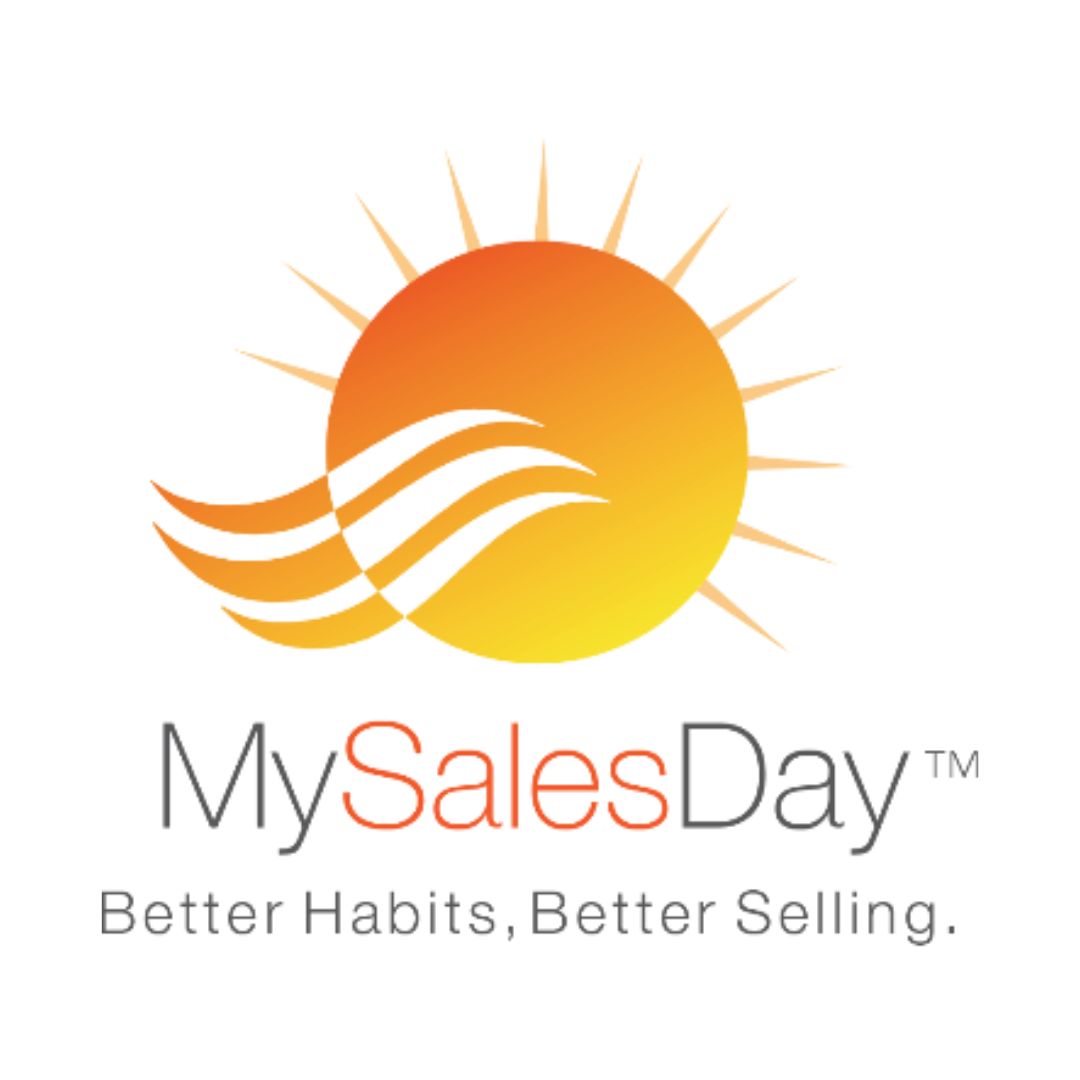
6/14/2023-Closing
Published on
Skill
It would be so uncomplicated if asking for the business and closing were the same thing. They’re not. Closing means you’ve addressed objections and created desire throughout the sales cycle.
Asking for the business is not the same thing as closing. The formula for closing is qualifying + objection handling + asking for the business. The closing protocol must start early in the sales process and appear frequently. As soon as you know there is buying desire, you must constantly qualify your prospects and proactively surface objections.
If you do those two things all along, the right time to ask for the business will present itself. Trying to close business without having previously qualified the buyer will be met with a thud. Lines like, "What would it take to get you into this Chevy today?" don’t work anymore. Those lines belong only in Hollywood movies.
"What would it take to get you into this Chevy today?" is not the closing approach you must study to excel in sales.
But, at least those car salesmen from yesteryear were proactive and assertive. And, they asked for the business, eh?
On the one hand, mantras like "you don’t get what you don’t ask for" and "nobody hands ya nothing" are very accurate and applicable to a selling life. But it’s old fashioned to think of closing as a specific skill…and one that can be singularly practiced and trained for.
So what, exactly, IS closing?
The definition of closing is this: the continual act of looking for opportunities to move the prospect toward saying "yes" and taking action to consecrate the deal. This is the closing formula: qualifying + objection handling + asking for the business.
Your good sense of timing also has a firm place in the closing formula. When is the best time to qualify buyers on things like their interest, their insights into their business, and who on their team can best help you? Always. What about the best time to surface objections? Same answer: always. When is the best time to go for the close? It depends on how frequently and competently you’ve performed with qualifying and objection handling.
Do
Closing without qualifying a customer is impossible. Sellers who perform at high levels know that they’re closing all the time…because they’re always qualifying their customers!
Create one qualifying and objection-handling question you’ll ask on all of your customer meetings…no matter where you are in the sales cycle.
First, create a qualifying question that uncovers where the customer stands in their buying journey. (Psst, ask about how your offering compares to the competition!)
Second, create a question that proactively surfaces objections. As we’ll learn later when we cover objection handling, objections always exist with your customers, no matter the sales cycle stage. You must fish for them on every meeting and get ’em in the open.
When you create your two questions today, ensure they are formed in words you’ll feel comfortable saying.
You’ve bought into the concept that the act of closing is one part of many tactics needed during the sales cycle, which means you now need to focus on how to sharpen your qualifying and objection-handling skills.
And while you’ll work more on these individual skills throughout your journey with MySalesDay, today, you’ll dive deep to understand best how you can take the questions you create and ask them in a meeting with a customer. Because, as we know, execution is everything. What good is it to create killer qualifying and objection-surfacing questions if they stay written in your notebook and don’t see the light of day during your meetings?
You are probably at the stage where you’ve written your one qualifying and objection-handling question; now it’s time for a few more so you have variations to choose from. There is always more than one way to ask a question, and you’ll need to get comfortable with a version that rolls off your tongue. You’re going from never asking about a customer’s objections to being proactive, so you must practice.
Here’s a qualifying question to prompt further action: "Where are you with your analysis of my offering and potential alternatives?" Here’s an objection surfacing question: "What do you think is the number one thing we must address to keep moving forward?" Pretty easy, huh? Now it’s time to try your hand at penning a few.
Once you have a few written down and your voice is perfectly captured, practice by saying them aloud. Finally, ask them in an actual meeting. The worst that could happen is…well, actually, there is no downside. Ask them.
Oomph
It’s a standard and time-tested chuckle for sellers everywhere…and for a good reason: the "ABC….Always Be Closing" scene from Glen Gary Glen Ross starring Alec Baldwin is very real but cringe-worthy too.
When you search and find it on the world wide web, be forewarned most versions of the original are R-rated. But for those who want a parody of this well-traveled sales sketch, check out this SNL skit that will make you smile. It, too, stars Alec Baldwin parodying himself and reminding you to Always Be Closing!
Quote of the day
"I know I’m gonna close that account…I just don’t know when." -Michael Hess
